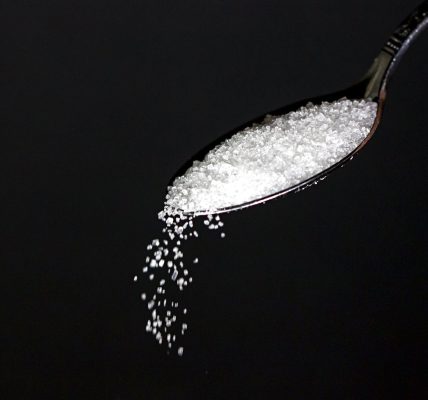Understanding the Relationship Between Personality and Addiction

Is there such a thing as an addictive personality? AddictionNews examined the subject in an earlier post and it’s not a “yes” or “no” answer. There’s considerable interplay between the psyche and compulsive behavior. This post will take a look at some of the research on the dance between personality and addiction.
In a recent article for Psychology Today, psychiatrist and author Timmen L. Cermak, M.D., examines the relationship between toxic masculinity and substance use disorders. Dr. Cermak, a specialist in addiction medicine, focuses on how toxic masculinity works to isolate addicts from family, friends, and opportunities for recovery. He writes,
All forms of toxic domination reduce intimacy and sever connections with others. As a person with substance use disorder willfully tries to defeat or deny their addiction, they become progressively more isolated. While trying to wrestle with addiction on one’s own may feel noble, it prevents receiving the help needed to break free of captivity to a drug.
Toxic masculinity leads the substance abuser to build an emotional wall around themselves in order to maintain denial of their substance use problems. “Both their self-esteem and their continued use depend on aggressive domination of what is essentially a brain disease,” Cermak writes.
Another approach to personality and addiction comes from the journal, Frontiers in Psychiatry, where two German researchers conducted a lengthy survey of the scientific literature regarding addiction and “the dark triad” of personality disorders: narcissism, Machiavellianism, and psychopathy. The authors conclude:
[N]arcissism and psychopathy are associated with substance-related and non-substance-related addictive behavior across nonclinical and clinical populations, whereas Machiavellianism is not.
The association between toxic masculinity and addiction can be documented, but whether one causes the other is not established. The German researchers show how “both disinhibition (linked to psychopathy) and antagonism (linked to narcissism and psychopathy) are related to substance-use disorders,” but they don’t show causation.
For now, we can clearly see, through brain scans and surveys, that personality disorders contribute to addiction and addiction contributes to personality disorders. Standard personality tests may not reveal who will likely become addicted, but they can indicate who’s likely to have a difficult time in recovery.
Written by Steve O’Keefe. First published December 19, 2023.
Sources:
“Toxic Masculinity, Feminine Power, Addiction, and Recovery,” Psychology Today, December 2023.
“Addiction and the Dark Triad of Personality,” Frontiers in Psychiatry, September 2019.
Image Copyright: shigapov.





1 COMMENTS